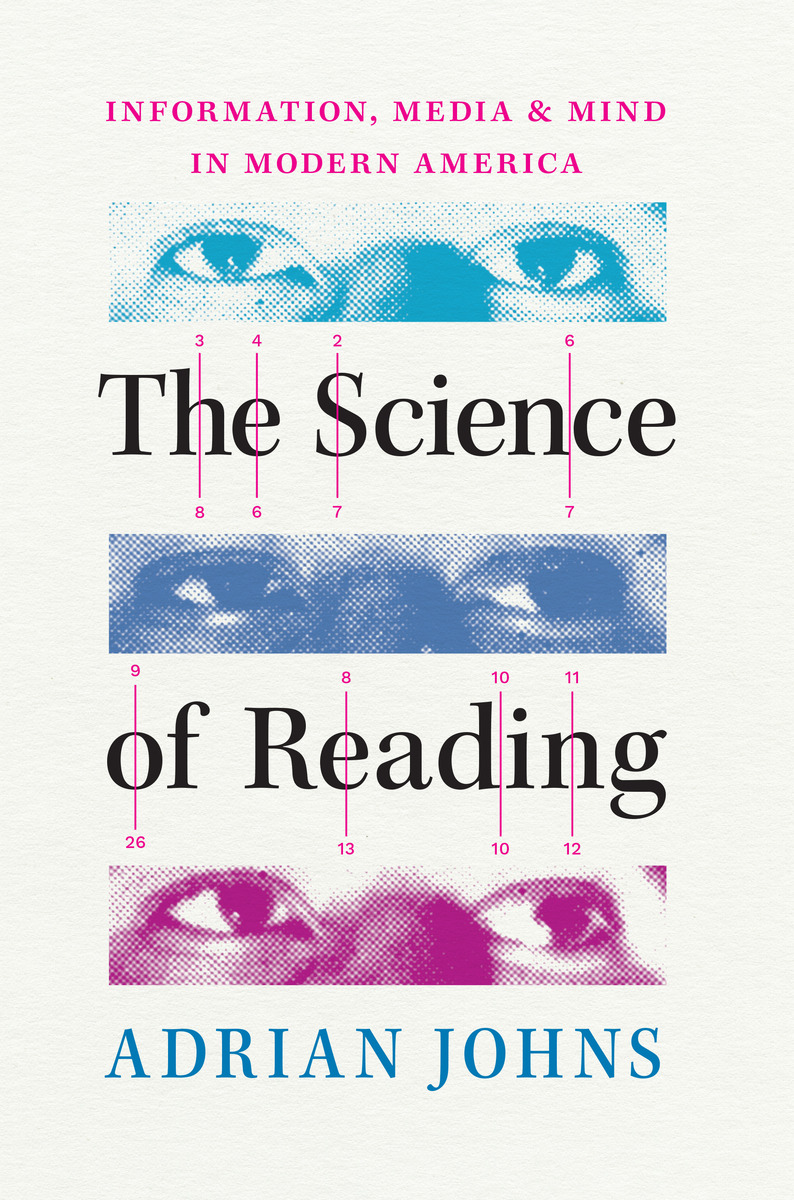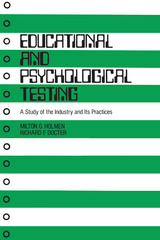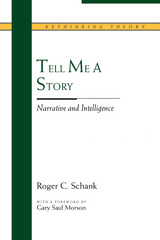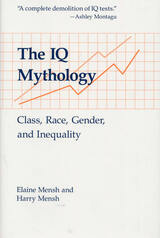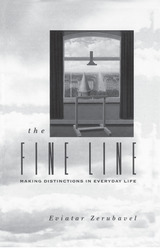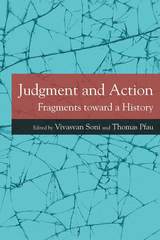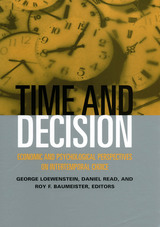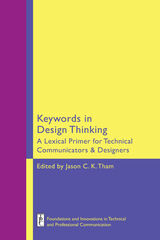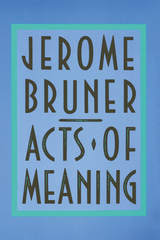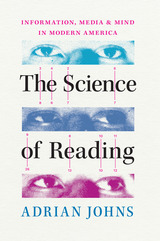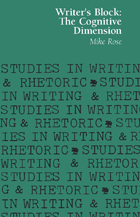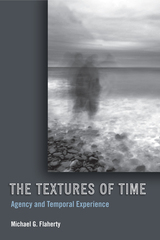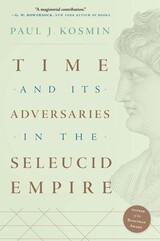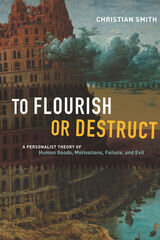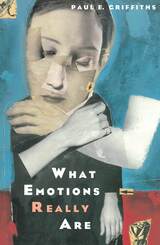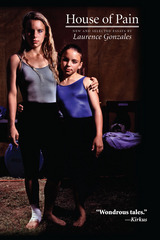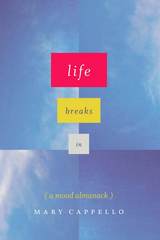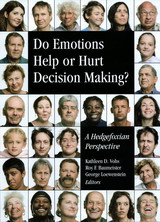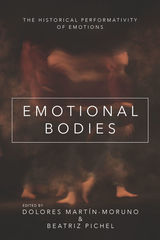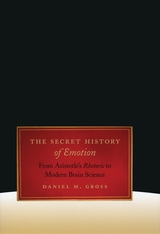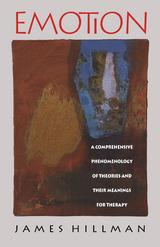“If the science of reading can today teach us one thing, Johns states, it is that reading is not and has never been just one thing. It has been and remains many things. Its functions, forms, and purposes change over time and are shaped by history and cultures. Johns’s new book is attentive, erudite, imaginative, and enjoyable. (Reading about the science of reading makes for great fun. I promise.) It is also mind-bendingly revelatory. In TheScience of Reading, Johns radically historicizes reading itself.”
— Chad Wellmon, coauthor of "Permanent Crisis: The Humanities in a Disenchanted Age"
“The Science of Reading unearths a previously ignored but important history. Starting with the science of psychophysics in the late nineteenth century, Johns traces how knowledge, disciplines, documentary practices, and models of the human mind and cognition all changed in relationship to the shift from an industrial to an information economy. He thus reveals that many of our contemporary debates about attention economies, fake news, and democratic crisis rest on historically contested concepts about what reading might constitute and what a literate subject is. This is a book with great pertinence to our present.”
— Orit Halpern, coauthor of "The Smartness Mandate"
“A mammoth and stimulating account of the place of print in the history of knowledge. . . . Johns has written a tremendously learned primer.”
— D. Graham Burnett, New Republic, on "The Nature of the Book"
“Detailed, engrossing, and genuinely eye-opening. . . . This is scholarship at its best.”
— Merle Rubin, Christian Science Monitor, on "The Nature of the Book"
“Lucid and persuasive. . . . A work to rank alongside McLuhan.”
— John Sutherland, Independent, on "The Nature of the Book"
“Provocative. . . . Lively and insightful.”
— Michael Hunter, Nature, on "The Nature of the Book"
"From its inception, the science of reading has been intertwined with American anxieties about culture. . . . It's a mammoth subject, and Johns takes some detours to explore, for instance, mid-twentieth-century librarianship’s adoption of the tools of science to expand its mission. . . . Illustrations include laboratory photographs of subjects at formidable-looking testing apparatus and equally daunting diagrams that attest to researchers' efforts. A leggy, fascinating survey of a discipline that is often taken for granted."
— Kirkus Reviews
"This exhaustive outing by Johns . . . delves into how scientists have studied the psychological and physiological processes of reading. . . . Johns covers major developments in the field, including the invention of eye movement tracking devices in the early twentieth century, the 1960s hype around machines that promised to teach children to read, and long-standing debates about whether phonics instruction fosters literacy. The scope of the material is almost overwhelming—zigzagging between media theory, history, psychology, and educational policy—but readers will emerge with a deeper appreciation for the complexities of a daily activity many take for granted."
— Publishers Weekly
"A multidisciplinary study of . . . the study of reading. How do we read? What is the origin of our written word and what happens to our brains when we read? University of Chicago scholar Johns has all the answers—or at least, a vivid write-up of all the ways we've tried to answer these questions over the last century."
— Book Culture
"'What was this practice, anyway?'—The Science of Reading takes up this question on both historical and scientific grounds. Readers meet modern pioneers in the science of reading, figures from the aforementioned Huey to, for instance, to the founder of the science, Émile Javal, to Samuel T. Orton, who did early clarifying work in the nature and prevalence of dyslexia while examining students from his positions at the University of Iowa at the beginning of the twentieth century. Johns is surprisingly skilled at fleshing out this large cast of characters. His subject is inherently interesting right from the starting block, but these character-driven portions are a delightful added bonus. . . . The sheer interest of studying at this in-depth a level something that all readers do without thinking animates The Science of Reading throughout. It’s likely that most of those readers might not be inclined to pull back the curtain quite so far on the magic that fills their leisure hours—but the die-hard inquirers among them will find this book irresistible."
— Steve Donoghue, Open Letters Review
"In 1908 the psychologist Edmund Burke Huey wrote that reading ‘has become the most striking and important artificial activity to which the human race has ever been moulded.’ Huey was one of the earliest scholars seeking to understand what happens in the mind when we learn to read—a question scientists are still exploring today. In The Science of Reading, Johns chronicles the efforts of twentieth-century experimentalists to study literacy and the still-raging ‘reading wars’ over pedagogy, revealing yet unsettled questions about science and culture."
— University of Chicago Magazine
"Massive (and massively learned)."
— John Wilson, First Things
"Although there have been countless books written on the history of printing, there have been far fewer, curiously, on the history of reading. Johns is a distinguished historian at the University of Chicago; having written extensively about the culture of print (his Nature of the Book is a classic in this genre), he now turns his attention to understanding the science of how we read. . . . [He shows] how the production of books, and the practice of reading in the past have been dramatically influential. What happens next, how society will be transformed when algorithms do more reading than humans, is a phenomenon we are about to discover."
— Richard Ovenden, Financial Times
"If you’ve been following the debates on the 'science of reading' over the past several years, prepare to be surprised when you delve into Johns’s recent book on the subject. In its current incarnation, the term 'science of reading' is primarily used to refer to a substantial body of research showing that many children—perhaps most—are likely to experience reading difficulties unless they receive systematic instruction in phonics and other foundational reading skills in the early years of schooling. . . . The revelation in Johns’s book is that throughout most of the twentieth century the contemporaneous science of reading was firmly on the side of whole language. Johns, a professor of intellectual history at the University of Chicago, spends almost the entirety of his 500-page book on that era. For a reader whose understanding of the subject has been formed in the recent past, the result is a topsy-turvy, Alice-in-Wonderland experience. . . . A useful reminder that science can change radically over time."
— Natalie Wexler, author of "The Knowledge Gap: The Hidden Cause of America's Broken Education System--And How to Fix It", Education Next
"Starting in the 1880s with US psychologist James Cattell, the experimental study of reading dealt in extremes, notes information historian Johns in his intriguing analysis. Researchers devised mechanical ways to measure quantities that were nearly imperceptible, such as pauses in motion as an eye scans prose. Yet they were certain that the work had vast consequences—that 'civilization itself depended on those measurements.' Today, scanners can measure brain activity, but the reading process remains mostly imponderable."
— Andrew Robinson, Nature
"The Science of Reading reminds us that the type of reading we have ‘taught’ machines to do is just one historically situated practice of reading, and that there are alternatives. Now may be the time to revive an understanding of reading that is formative and not merely instrumental, expressive and not merely extractive."
— Current
"Johns offers other reasons for rejecting the idea that new technologies are driving reading to irrelevance. After all, reading shaped (and trained) those technologies no less than, say, Boolean algebra. The science—and social science—of information emerged from our efforts to understand reading. It isn’t possible to remove the foundation from that house."
— Public Books
"The best science title of 2023 is an incredibly in-depth examination of what we all do when we read—what our eyes do, what our brains do, what our memory does as we're turning pages and creating mental versions of the things we're reading. This is difficult matter to transform into, maybe ironically, good reading, and Johns succeeds completely."
— Open Letters Review, "Best Books of 2023: Science!"
"In 1955,
Why Johnny Can’t Read—a bestselling book by Rudolf Flesch about the science and pedagogy of reading—provoked controversy when it was published in the United States. The then-fashionable ‘whole word’ method of teaching meant that a child learnt words from their context, like a baby learning to talk. But Flesch claimed that the approach was inferior to the earlier ‘phonics’ method, whereby the child was trained to analyse words’ spelling. This debate is far from over, 'because reading is such a difficult process to understand,' confesses historian of information Johns. . . . Johns notes that the field has long been caught in a contradiction."
— Nature, 2023's Best Books in Brief
"Rather than adopting a simplistic view of the science of reading, Johns argues, our understanding needs to be historicized as the nature of science changes with different questions and situations. In his meticulously researched tome, Johns describes how early reading scientists set up laboratories, constructed instruments, tested hypotheses, and taught generations of students, and how their work circulated in academic institutions and American life. . . . Highly recommended."
— Choice
